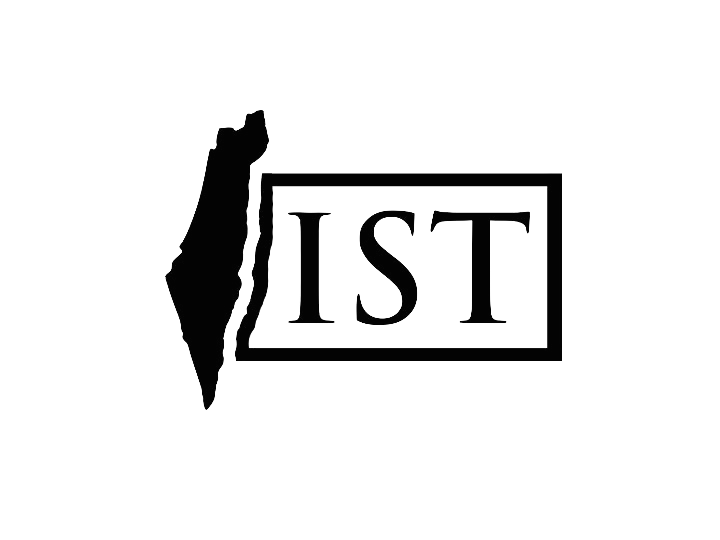Waking up once again in a cozy and luxurious double bed in our hotel rooms is something I could really get used to! As we prepared for our upcoming two days in which we were to pack for two days plus the scary 6am wake up, we headed to breakfast in our hotel and started the day with a beautiful Tefillah service. A long bus ride awaited us as we drove to Tikocin, completely unaware of the incredible history of the town. Walking into the oldest synagogue in Poland in the small town was a truly special experience, which we shared as proud Jews. The synagogue was absolutely beautiful- the walls were bright and vibrant, with excerpts from the Torah scattered across them. We danced and sung in harmony and in joy, feeling proud to be a part of a piece of the puzzle of our Jewish heritage. Miriam shared the touching story of her familial connection to the town, and in particular the Shule, where her great-grandparents were married. Her surname, Tekuzener, was adapted from the name of the town, Tikocin. Our time in the Shule was extremely meaningful. As I looked around the room at 138 smiley and happy faces, I could not help but feel an immense sense of pride to be a Jew.
Nothing could have prepared us for our next visit to the Lupochova forest. The dreadful and horrifying location- just up the road from the town of Tikocin stood as a memorial for the massacres of Jewish people in the very grounds of Lupochova, where 2400 Jews were shot in mass graves. They were buried and stripped of their rights as humans; their lives were taken away from them, brutally and mercilessly for no other reason except for the fact that they were Jews. Standing there in the midst of the many glum trees, singing ‘Acheinu’ in unity, where the crisp breeze blew on us, I could not help but feel overwhelmed, disgusted, horrified, angry- how could this have happened? I tried to close my eyes and imagine children, families, brothers, sisters, standing in the frosty conditions awaiting their fate of inhumane murder, but I couldn't. No one could. It seems impossible, how?
In Poland the sun sets at around 4 in winter and as we approached our next stop, Treblinka, the sky became pitch black. There was a piercing wind. It was freezing. Even though we stood there in layers, jumpers and puffy jackets, we were freezing. I couldn't help but reflect on the fact that the 800 000 victims of Treblinka stood in these conditions, naked or with little clothes- how is it even possible that humans could put other humans through this? We were lucky enough to walk out of Treblinka alive, whereas out of the 800 000 whom entered Treblinka, only 47 were lucky enough to. During our time in Treblinka we were divided into our family group buses and each shown around the extermination camp. We stood in front of the many thousands of rock memorials, honouring those victims from their many different villages, and stood in an uncomfortable silence. The silence gave us a sense of the enormity of what we were observing- nothing could have prepared us for anything we saw or heard. Treblinka was one of first extermination camps open as a part of the beginning of ‘the Final Solution’ and served as a mass killing center. As our time in the camp drew to a close, we, as an IST cohort united and sang ‘Ani Maamin’ with passion and pride; recognising and appreciating that we as a people survived, and that this mere fact is the best revenge.
Reflecting on the long and emotional day, I can definitely say that nothing and no one can prepare you for the reality of seeing what occurred in the Holocaust, and as our IST journey resumes tomorrow I will continue to take in every moment of this life-changing experience, continuing again tomorrow in our travel to Majdanek and the Children’s Forest.
